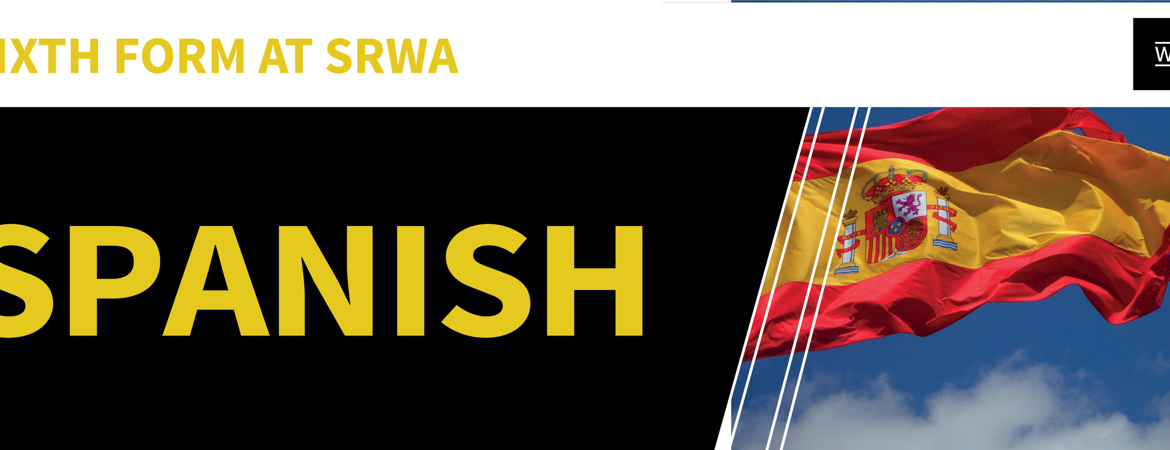- Home
- Sixth Form
- Courses at W6 Sixth Form
- Spanish
Spanish
Entry requirements
5 in GCSE Spanish (must sit a Higher paper)
5 in GCSE English Language
What will I study
You will look at how Spanish-speaking society has been shaped, socially and culturally, and how it continues to change. In the first year, aspects of the social context are studied, together with aspects of the artistic life of Spanish-speaking countries. In the second year, further aspects of the social background are covered, this time focusing on issues such as life for those on the margins of Spanish-speaking society as well as looking at the positive influences that diversity brings. You will also study the political landscape in a Spanish-speaking country, looking at immigration from a political perspective and at the way in which political power is expressed through action such as strikes and demonstrations. The extent to which teenagers are politically engaged and taking a look towards the future of political life in Spanish-speaking society also forms part of the course.
How will I be assessed?
There are three elements to the final assessment at the end of Year 13.
Listening, reading and writing a 2.5-hour paper worth 50%
Writing a 2-hour paper worth 20%
Speaking is tested orally taking approximately 21-23 minutes including 5 minutes of preparation worth 30%
Is this subject for me?
A starting point would be an enjoyment of languages at GCSE level as some of the topics and the assessment methods are similar. The demands of the specification will take you a step further and develop your linguistic and cultural knowledge. To study languages at A-level you will need to be rigorous with your learning and very accurate in your application of knowledge.
Where can this lead me?
Linguists are increasingly in demand in all sorts of working environments. Doing a language A-level could lead to a degree in languages, linguistics, and European Studies or can also be combined with most subjects at higher education level, for example, law, international relations, politics, media, business or sciences. These degrees lead to a wide variety of careers including, but not limited to, translation, interpreting, teaching, publishing, journalism and marketing.
What else is there?
There will trip opportunities throughout the year, including a visit to the British Film Institute in London. Across the duration of the course, there are options to visit Spain, and you may also be interested in pairing up online with a student in a school in a Spanish-speaking country.



